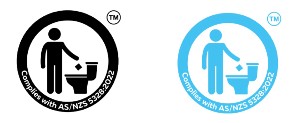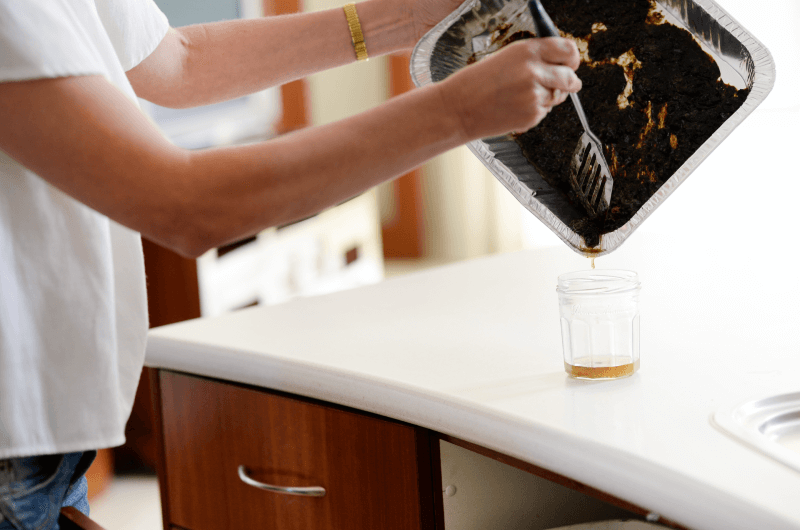What not to flush
Don't be a drain on your drain
Do you ever think about where your waste goes once you flush the toilet? The network of pipes under our house are designed to carry toilet paper, pee and poo. But unflushable items like cotton buds, wet wipes, paper towel, tissues and toys always make their way into our wastewater system.
Once down the drain, they clump together and cause serious blockages. This can force the waste back up our pipes and flood into homes and gardens. Even some products that are labelled as flushable contribute to massive pipe monsters!

Learn more about what happens at our wastewater treatment plants.
Even worse than a poo fountain at home, is when these items end up in the ocean. Unsuspecting wildlife can mistake cotton buds and other sewage related litter, for food. It's so important we all stop and think to keep our waterways healthy.
New national 'flushable' standard
Fear not, now there's an extra check you can do. After years of contention around what should be flushed, a national standard has finally been released. Soon, all products which comply with the national standard will have a label indicating if it is safe to flush. This includes all wet wipes, sanitary products and even some types of cat litter! The standard was developed after extensive testing by a committee of manufacturers, water utilities, consumer groups and peak bodies. So, when you're at the supermarket, check for the flushable logo on the packaging. If you can't locate one, you'll know to put it in the bin instead. Toilet paper, liquids and soluble products don't need to display the logo.

Safe way to dispose of waste
Not sure how to dispose of other waste products? We have put together a list of the usual suspects to help keep our waterways healthy. Cotton buds, tissues and wet wipes aren't flushable. These items don't disintegrate like toilet paper. Don't even think about putting them anywhere near your loo. The same goes for paper towel and dental floss which also don't break down in water. Instead, use a bin to dispose of any items that aren't designed to be flushed.
Read a transcript of this video
Nappies and sanitary products
Save the poor plumber the task of fishing these nasties out of your drain by wrapping them up and placing in the general wastebin. Dispose of razors in the bin and syringes should go in a sharp disposal container.
Food scraps, coffee grounds, tea leaves
If you have food scraps or leftovers to discard, bin them rather than tipping them down the toilet or drain. Always keep a strainer in your sink to make sure scraps don’t make their way down the drain. Don't forget, most food waste can go into a compost bin or worm farm so your garden can benefit from the extra nutrients. You can also see if there is a food waste drop-off or pickup service in your local area to stop your food waste going to landfill.
Cooking fats and oils
Fats, oils and grease hardening in pipes cause 30% of our wastewater blockages. Play your part by removing grease and food scraps from your pots, pans and dishes before you wash them. Pour cooking oil and grease into a container and put it in the freezer until bin day.

Chemicals
Paint, cleaning products, fertiliser, pesticides or oils should not be poured down drains. Instead, give these to a waste contractor or ask your local council about hazardous waste drop-off. Unwanted paint can go to Paintback drop-off locations.
Engine oils
Most automotive retailers and mechanics accept used automotive oil in purpose-made containers with a secure cap. Contact your local council for advice on disposing brake fluid, power steering fluid or coolant in your area. You can recycle coolants at your nearest recycler.
Newspapers and plastics
Put newspapers and recyclable plastics in your recycling bin.
Unused medicines
You can take any human or animal medication to your pharmacy for safe disposal. This includes prescription or over the counter medicines, herbal or complementary supplements that are expired or no longer required.